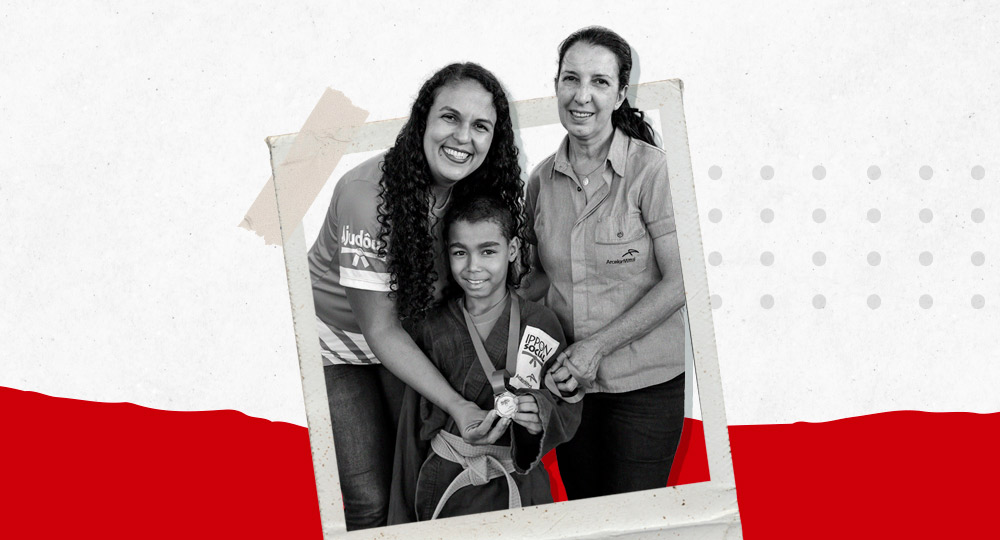
Corporate Volunteering: understand this practice!
According to a survey carried out by the IBGE, in Brazil, more than 7 million people dedicate themselves to some type of voluntary work. Did you know that? Even though it is a high number, in percentage terms, it represents only 4.3% of the entire Brazilian population. However, corporate or corporate volunteering can be an excellent way for this number to grow even more.
Today, we’re going to talk about this corporate social responsibility initiative to recruit volunteers to work in your organization. We will understand how it works and the main advantages of adopting this practice.
What is corporate volunteering?
First, it is necessary to understand that corporate or corporate volunteering brings together a set of actions carried out by the company to encourage, support and recognize the engagement of its employees, with the possibility of involving other audiences in volunteer activities.
In other words, we can say that corporate volunteering occurs with the direct or indirect intervention of the company aimed mainly at its team and its stakeholders, every person or organization that, in some way, is impacted by the actions of a particular company.
Understand the benefits of volunteering for organizations.
When it comes to the benefits of a volunteer program, they are numerous and it is even impossible to count them concretely. If well managed, the corporate volunteer program can contribute very positively to the reputation and positioning of the brand.
But there are many other benefits of volunteering, such as:
- Strengthening the institutional image – Broadly develop institutional visibility in a positive way. This creates a differentiator for the organization.
- Greater internal employee interactivity – The interaction between employees strengthens the bond between them and promotes a light atmosphere with more communication in the environment.
- Strengthened civic engagement of employees – Encouraging strengthening civic engagement on the part of employees is critical to getting involved in the political process and the issues that affect them.
- Development of skills and abilities of employees – With that, they expand knowledge, for them to perform their functions better, promoting the personal growth of each one and the business.
For Júlio César Lana, founder of Ajudôu, the main benefit of volunteering is to humanize the social actions carried out by companies. “
Often they are corporate policies that focus on specific sectors such as Environment, HR, Communications or Foundations/Business Institutions. With corporate volunteering, the social impact will reach other sectors, making the idea of doing good without looking at who spreads among the largest number of employees”, he says.
What is the difference between corporate volunteering and voluntary actions?
Voluntary actions, in order to be understood as corporate volunteering, need, at first, two characteristics: structuring and planning. Otherwise, they are just isolated facts and moments.
However, it is with a thoughtful professional systematization that actions, projects and volunteer programs are developed. Thus, they will be able to impact the community more, in addition to generating measurable returns to the organization and its employees.
Learn how to implement a volunteer program.
Each volunteer program must be designed according to the organization’s public profile and which action it identifies with. There is no ready-made formula for such idealization.
Some points that should be taken into account when implementing a volunteer program are:
- Dialogue with your collaborators;
- Understand the relationship of your organization’s culture with the cause involved;
- Search for the NGO or Project that fits the profile of your entity;
- Structure and plan your corporate volunteering;
- Establish a calendar of actions.
In the case of Ajudôu, all employees responsible for sports classes and administrative strategies are hired and paid. “We believe that we cannot put our main activity in a kind of optional responsibility. Within this context, volunteers enter as service providers that add value with secondary activities, such as first aid lectures; help with the renovation of a court and organization and donation of toys”, highlights Júlio César Lana.





